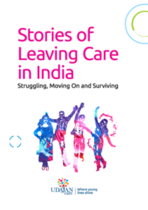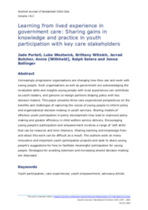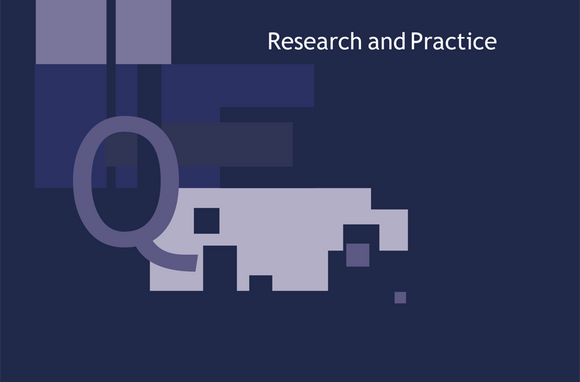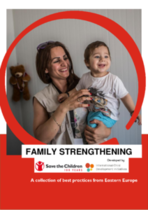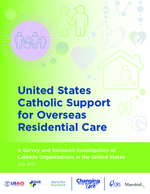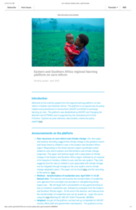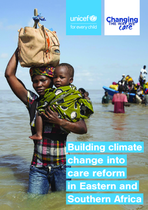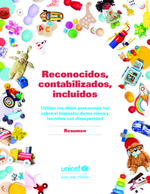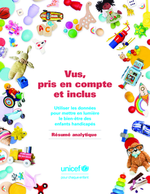Stories of Leaving Care in India: Struggling, Moving On and Surviving
The case studies outlined in this publication draw upon earlier work, which suggested that young people leaving care may broadly fall into one of three groups: those successfully ‘moving on’ from care; those who are ‘survivors’; and those who are ‘strugglers’.

